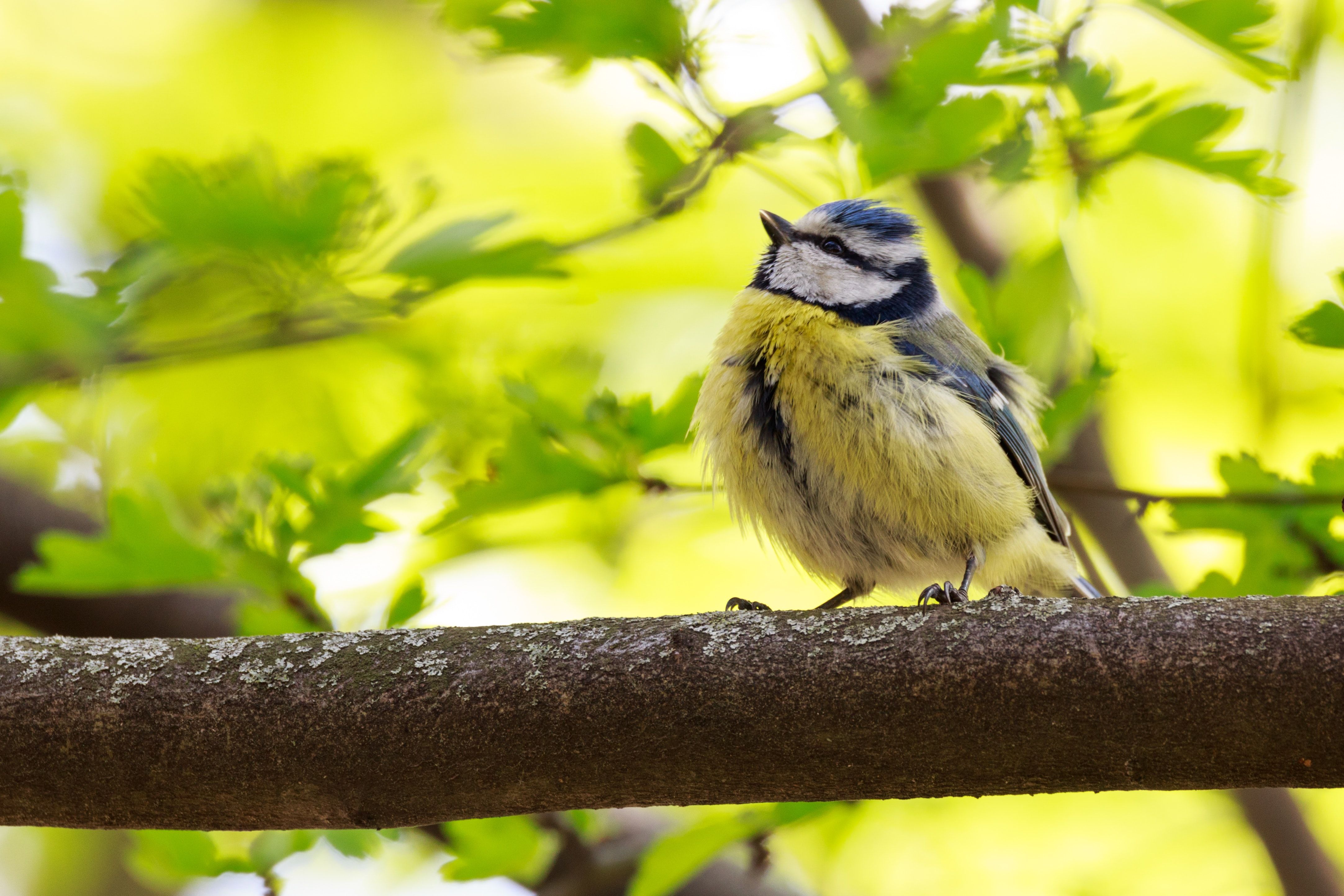
Part of being a Christian is creation care. Should Christians care about birds? God did and does. When he created them he called them “good.” He ordered Noah to take into the ark “two of every living thing.”
Genesis 9:15 is best read with open eyes- God’s great covenant of life, symbolized by the rainbow, was with “all living things.” “All,” not just us. Why? God’s design is infinitely complex and interconnected. It all works because it all works together. And the second reason that birds are so important? We can count them. That is important because they actually are “canaries in the coal mine” of God’s ecosystem. They are both predator and prey, they control insects and live off them, they pollinate and distribute seeds, and many other living things — fish, amphibians. Now, they are delivering us a very troubling message. Bird populations are down almost 30% since the 70’s. There are 3 billion less birds in the U.S. than there were. Our ecosystem is degrading quickly.
Consider bluebirds. Their parents must feed them about 8,000 insects. Songbird nestlings do not eat seeds. The trees and plants that God put here in North America together, thrive together. Plants native to a region can provide 35 times more food than those imported trees and shrubs. The fruit from our native shrubs has 50 times more fat than imports. Stored fat is what makes the miracle of bird migration possible. Click here for recommendations of what trees and shrubs to plant in your yard.
Finally, let’s do no harm to God’s creatures. Keep cats inside—they are the # 1 bird killer. You can also protect birds from striking your windows. For why and how to do this please click here. God did not make windows. Birds do not see them, so they hit them and die by the hundreds of millions.
And after all, Jesus did say “His eye is on the sparrow...”
Jim Cubie has been an environmental advocate and a Christian throughout his career. He worked on the national level for several environmental organizations, served as Chief Counsel of the U.S. Senate Agriculture Committee where his passion was farm conservation. His largest success was the establishment of a 3 million acre Wetland Reserve composed of restored agricultural wetlands. He also organized and managed a non-profit dealing with farm related environmental concerns and pastored three small rural Churches in South Carolina.
He is presently “retired”- but spends most of his time on native plant promotion and preventing bird deaths caused by window strikes. He has published a “Consumer Guide to Window Strike Prevention”. Click here to learn more about his landscape-based native plant program.

